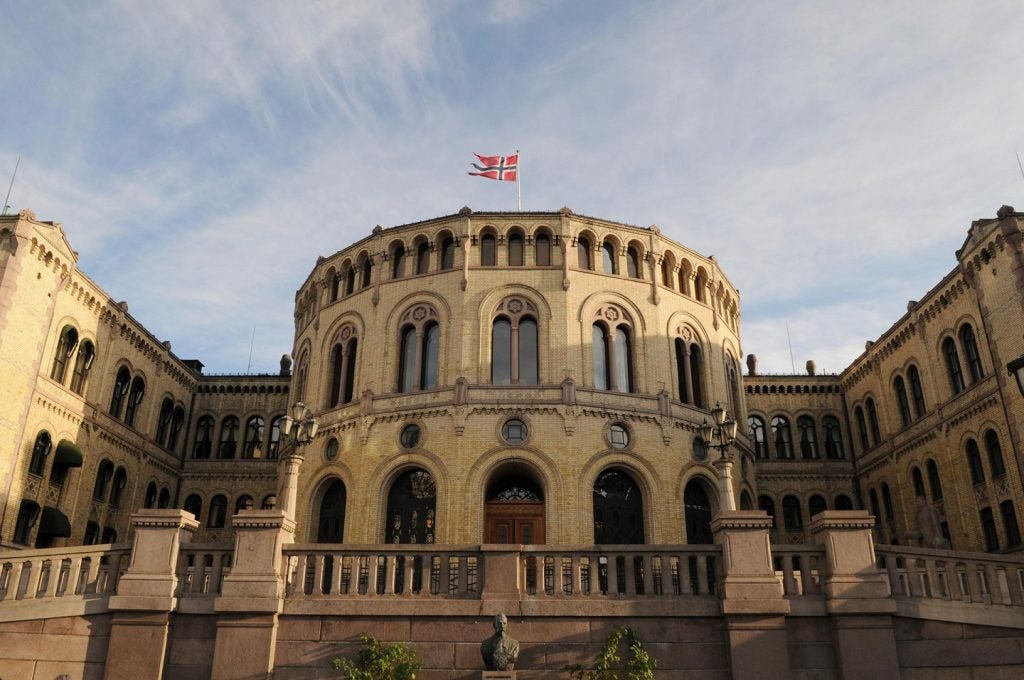The Norwegian Government is planning to allow commercial seabed mineral activities in parts of the Norwegian continental shelf to reduce its dependence on the oil and gas industry.
The area planned to be opened for commercial mapping, exploration and extraction of seabed minerals covers 281,000km² between northern Norway and the island of Spitzbergen, reported BNN Bloomberg.
Norwegian Minister of Petroleum and Energy Terje Aasland said: “We need minerals to succeed in the green transition. Currently, the resources are controlled by a few countries, which makes us vulnerable.
“Seabed minerals can become a source of access to essential metals, and no other country is better positioned to take the lead in managing such resources sustainably and responsibly. Success will be crucial for the world's long-term energy transition.”
According to a Norwegian study announced earlier this year, the country’s seabed holds a "substantial" amount of metals and minerals, including an estimated 38 million tonnes of copper.
However, the latest move is being opposed by environmentalists and fishermen who claim that the mining activities could impact the seabed environment.
Commenting on Norway’s decision, WWF's No Deep Seabed Mining Initiative global lead Jessica Battle said: “This decision goes against the government’s own environmental agency, which has already declared that the recently concluded impact assessment violates the country’s Seabed Minerals Act and doesn’t adequately address potential transboundary impacts to other nations because of a serious lack of scientific data.”









